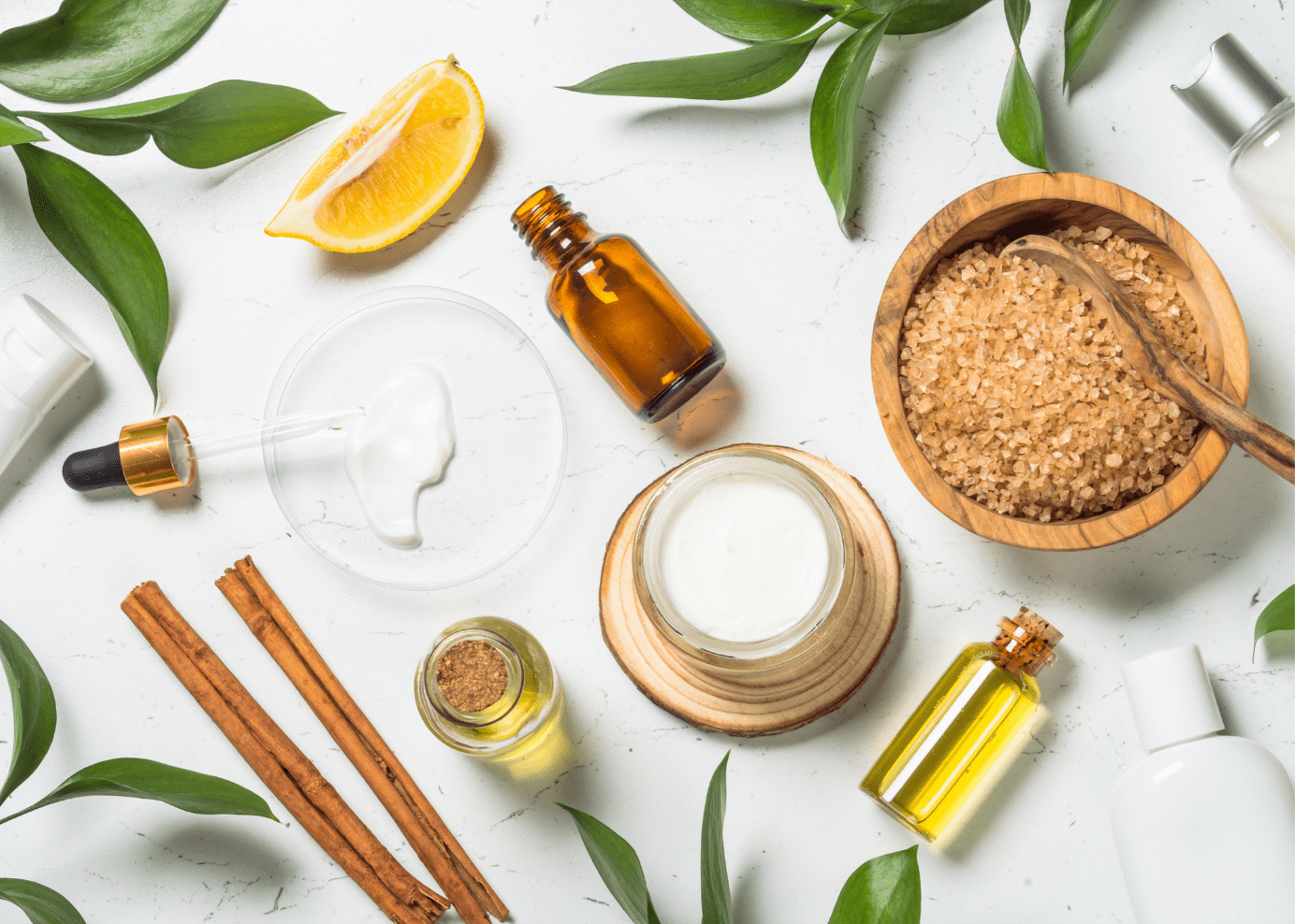Amid growing interest in holistic health, natural herbal treatments are gaining popularity for their gentleness and holistic benefits. These remedies, derived from nature, offer a promising alternative with fewer side effects, focusing not just on symptoms but on supporting overall skin health. Evidence, though sometimes anecdotal, suggests their effectiveness in managing acne, making them a worthwhile consideration for those seeking gentler options.
Herbal Acne Treatments
Benefits of Herbal Treatments over Conventional Methods
Herbal acne treatments stand out for their minimal side effects and holistic healing approach. Unlike conventional treatments that often offer a one-size-fits-all solution, herbal remedies can be tailored to individual needs, targeting not only acne but also contributing factors like stress and diet. Their natural composition reduces the risk of irritation, making them suitable for long-term use. Moreover, by supporting overall skin health, they offer long-term benefits, preventing future breakouts and promoting a healthy complexion.
Natural Ingredients for Acne
Tea Tree Oil: Known for its potent antimicrobial properties, tea tree oil is effective against acne-causing bacteria. When applied topically, it can reduce inflammation and the number of lesions, making it a staple in natural acne treatments. Its application methods vary, from spot treatments to being infused in skincare products, offering versatility and efficacy for acne-prone skin.
Green Tea: Rich in antioxidants and anti-inflammatory compounds, green tea can soothe the skin and reduce redness and swelling associated with acne. Applying green tea topically, through infused skincare products or DIY masks, can harness its benefits, providing a gentle yet effective remedy for acne.
Vitamins A, C, and D: Essential for skin health, these vitamins play crucial roles in repairing skin, boosting immunity, and reducing inflammation. Their inclusion in the diet or topical application can support acne treatment, promoting clearer skin.
Witch Hazel: This natural astringent helps in reducing oiliness and inflammation, making it ideal for acne-prone skin. Its gentle properties allow for regular use, contributing to clearer, healthier skin.
Aloe Vera: Famous for its soothing properties, aloe vera can help in healing acne lesions and reducing redness. Its hydrating effect also ensures that the skin remains balanced, preventing the dryness often associated with acne treatments.
Herbal Remedies for Specific Acne Types
For targeted acne treatment, specific herbs and natural ingredients can be particularly effective. Zinc, for instance, reduces oil production and inflammation, while Vitex Agnus-Castus can help in hormonal acne by balancing hormones. These remedies offer tailored solutions for different types of acne, from blackheads to hormonal breakouts, showcasing the versatility of herbal treatments.
Lifestyle and Dietary Adjustments for Acne
Exercise and Acne: Finding the Balance
While exercise itself does not cure acne, it promotes circulation and reduces stress, indirectly benefiting skin health. A balanced routine, combined with proper skincare post-workout, can mitigate potential triggers for acne, making exercise a valuable component of an acne treatment plan.
Dietary Modifications to Support Acne Treatment
Diet plays a crucial role in skin health. Foods high in sugar and dairy can exacerbate acne for some, while a diet rich in fruits, vegetables, and omega-3 fatty acids can support clearer skin. Identifying and avoiding personal trigger foods, while emphasizing skin-friendly nutrients, can complement herbal treatments and promote overall skin health.
Advanced Natural Treatments
Facial Masks and Scrubs: Homemade facial masks and scrubs, utilizing natural ingredients like honey, papaya enzyme, and Atlantic kelp, can exfoliate, hydrate, and nourish the skin, enhancing its health and appearance.
The Role of Oils in Acne Treatment: Essential oils like lavender, flaxseed, and eucalyptus offer diverse benefits for acne-prone skin, from antimicrobial to anti-inflammatory effects. Proper dilution and application can make these oils a beneficial addition to acne care routines.
Incorporating Herbal Treatments into Your Routine
Integrating herbal treatments requires understanding their proper use and potential interactions with other skincare products. Starting with patch tests, gradually introducing new products, and monitoring skin’s response can ensure the effectiveness and safety of these natural remedies.
Embracing Natural Solutions for Acne
Exploring herbal remedies for acne offers a gentler, more holistic approach to skincare. With benefits ranging from fewer side effects to supporting overall skin health, these natural solutions merit consideration. Before starting any new treatment, consulting with healthcare providers is crucial to ensure safety and suitability. Embracing natural remedies, alongside lifestyle and dietary adjustments, can pave the way to clearer, healthier skin.
FAQs
Can natural remedies completely cure acne? While herbal treatments can significantly improve acne, they may not cure it completely for everyone. Their effectiveness varies based on the individual’s skin type, the severity of acne, and lifestyle factors. It’s important to set realistic expectations and consider herbal remedies as part of a comprehensive skincare and health regimen.
How long do herbal treatments take to show results? The timeline for visible improvement from herbal treatments can vary, often taking several weeks to months. Consistency and patience are key, as natural remedies work gradually to heal and restore skin health.

